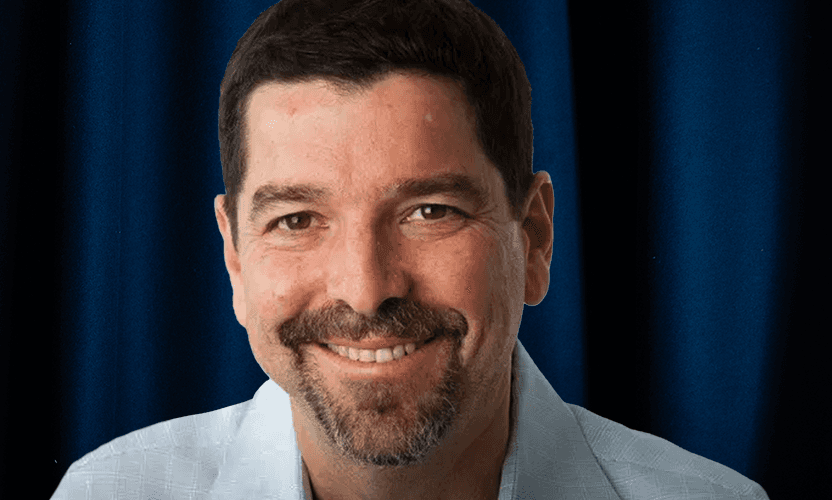20VC: Why Small Markets are Better Than Big Markets, The Biggest Delusion of Early Stage VC, Why AI Investing is like a Horserace and Why The Most Ambitious Companies Growing the Fastest are not the Best Investments with Adam Fisher, Partner @ Bessemer
20VC
Jan 21, 2024
Posted by
Adam Fisher is a Partner @ Bessemer Venture Partners and one of the most successful investors in Israel over the last two decades with seed investments in Fiverr, Wix, Melio, HiBob and more. Adam has now made over 60 investments and has had an incredible 23 successful exits. Adam has now been in venture for over 27 years having started his career at Jerusalem Venture Partners in 1996.
In Today’s Episode with Adam Fisher We Discuss:
1. Lessons from 27 Years in Venture Capital:
How did Adam first make his way into the world of venture straight out of college?
Does Adam agree with Doug Leone that VC has changed from a “boutique, high margin business to a commoditized, low margin industry”?
What does Adam know now that he wishes he had known when he started in venture?
2. How to Pick Winners: 23 Exits in 60 Investments:
To what extent does Adam think pattern recognition is a good thing? When is it bad?
Does Adam prefer to invest in outsider founders approaching a problem with fresh eyes or insider founders who know the problem back to front?
Why does Adam believe that “category creation is BS”?
Why does Adam not like to invest in big, hugely ambitious markets? Why are smaller markets best?
3. The Deal: Mastering the Art of Negotiation and the Deal:
How does Adam reflect on his own relationship to price?
When doing an investment, does Adam think about who would do the next round?
How important is ownership to Adam? Does he want it all on first check?
Why does Adam not like to invest in hot AI rounds?
What have been Adam’s single biggest investing mistakes? How did it change his approach?
4. Mastering the Art of Portfolio Management:
Why does Adam believe that it is impossible to know which of your portfolio will be the breakout winners early on?
How does Adam approach reserve allocations with this in mind?
How does Adam know when is the right time to sell a position?
What does Adam believe was the biggest sin of the zero interest rate environment period?
Share this post





